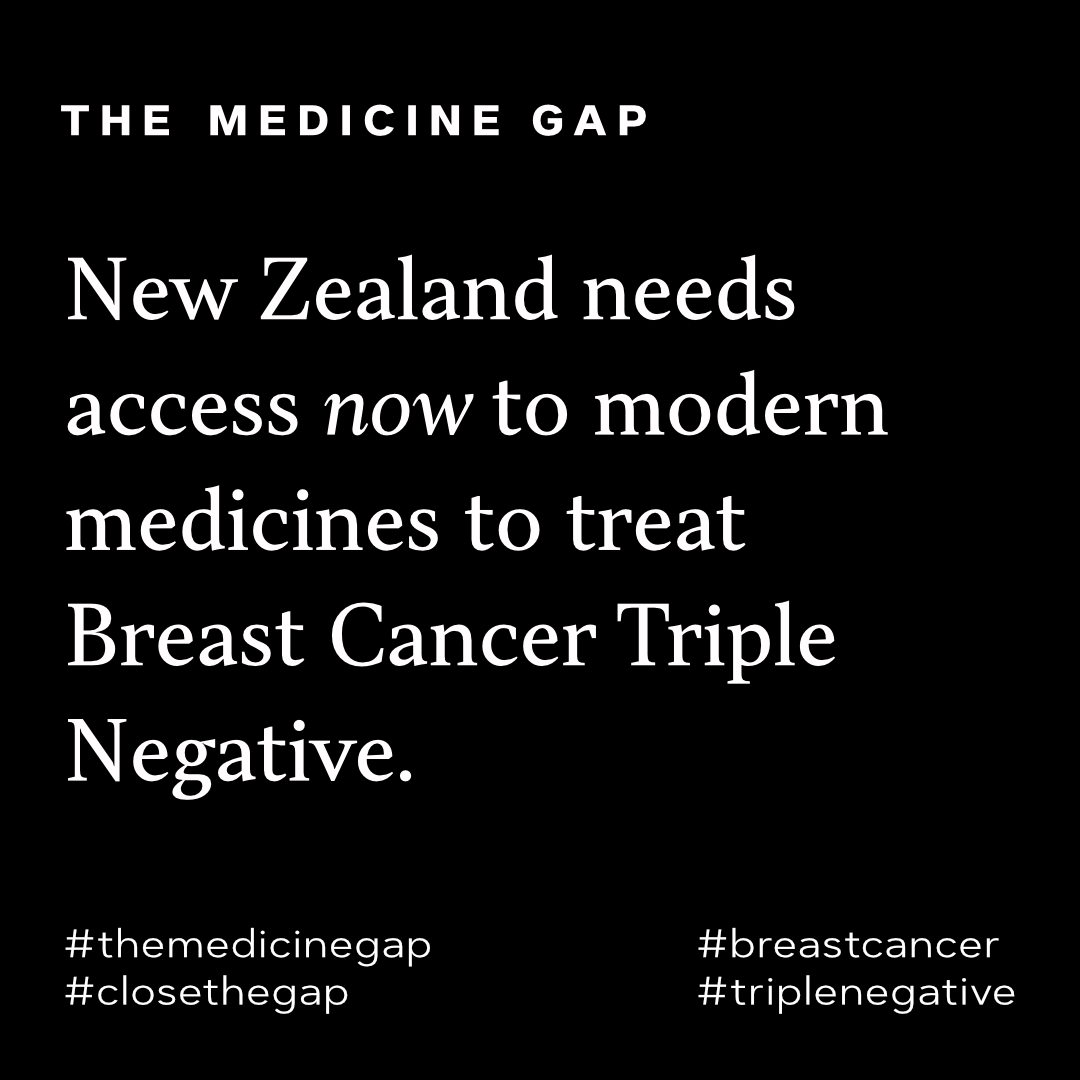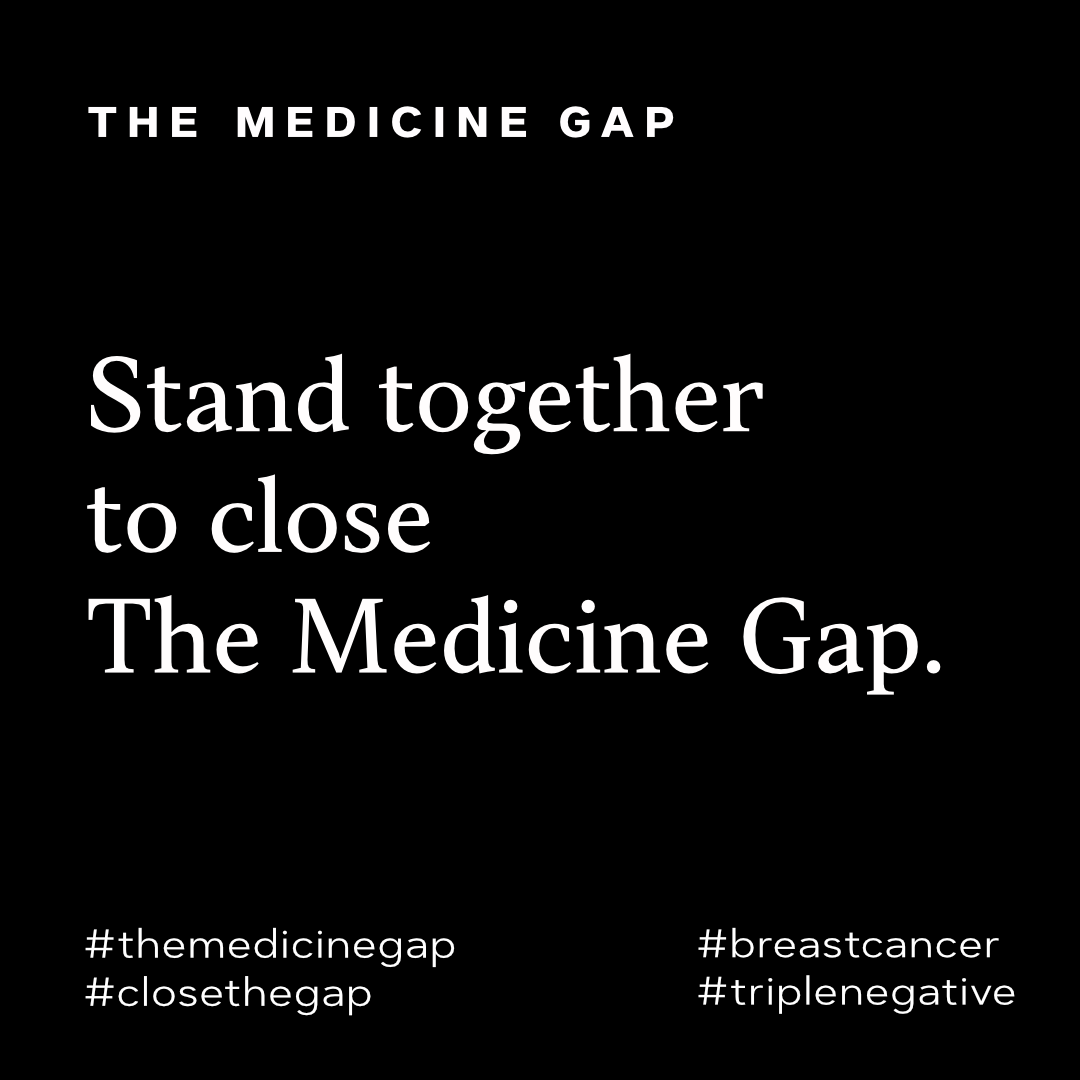By Charlotte Lockhart, Consumer Advocate and CEO, 4 Day Week Global

For all of us, life is broken up into times we recall as being before and after major events. Before we left school, started or ended that job, travelled, got married or divorced, became a parent, lost someone very close to us. There are so many experiences that pinpoint moments of profound change and a shift from one stage of life to the next.
Every day many New Zealanders have a significant change, and recently it was my turn (again). In January, my life was segmented into before and after my diagnosis of incurable cancer, after I won my first fight with breast cancer 17 years ago.
My story is not unique; as a friend reminded me, we are all just one diagnosis away from joining this group. Whether it is cancer, or a chronic health condition, or a disease which will reduce your quality of life, the group is large and we all know someone in it.
Unfortunately, for a sizeable subset of this group, easy and affordable access to drugs to help treat, cure or improve quality of life is not granted.
I am fortunate that in April 2020 the main drug now keeping me alive, Ibrance, was added to the funding list of Pharmac, the government’s drug-buying agency which subsidises countless drugs upon whose affordability and accessibility New Zealanders depend. If I had been diagnosed in 2019 or before, I would have had to fund it myself to the tune of $6,000 per month.
Ibrance is not just any drug – it is the gold standard in advanced (metastatic) breast cancer treatment internationally and has the ability to stop or slow down the progression of the disease. It is not a cure but it will prolong my life, as it has done for thousands of New Zealand women and many more around the world.

Courageous women before me, like those of the Breast Cancer Aotearoa Coalition (BCAC), have had to lobby, protest and generally make a lot of noise to get this drug funded, even though it has been used clinically since 2015 and the medical literature shows it has extended lives wherever it has been funded through public healthcare or self-funded by individuals.
It should hardly need saying, but our team of five million includes us all, whether well or unwell. It includes the essential workers of Pharmac, at least some of whom must be troubled by the structural and funding model which means they have to choose who gets quality of life; who gets to live and who doesn’t. It is not an enviable position, and I imagine not many of them respond to the “What do you do?” question at social events with a detailed and truthful answer.
Let’s face facts – funding all the drugs we need to keep as many people alive as possible is complicated and expensive. I would love to see the cost-benefit analysis for our country of having unwell people able to continue to work to support themselves and their families, to be able to participate and contribute as citizens. Because of Ibrance I can maintain my roles as CEO, partner, mother, daughter and friend, and make a meaningful economic and social contribution to my community and family. Without it, I would likely live for only two more years. At 54 years old, that is a very scary prospect.

And even if the economic case doesn’t always stack up – if it costs a bit more sometimes to keep people alive than they can contribute in return – what kind of country do we want New Zealand to be?
Are we okay with giving up on people, when we or someone we love will, at some point, become those people? Yes, there is limited money to go around. But what defines us as kind people in a civil society is how we treat our sick, our vulnerable.
New Givealittle pages with families asking for help to pay for these drugs go live every day. These are just the ones who are visible. The families we don’t see are those who have sold the family home, re-mortgaged the home of a loved one, drained their savings. In 2020 alone, there were approximately 90 Givealittle pages set up to raise funds for unfunded treatments – about 95% of these pages are related to treatment for cancer.
However, a Givealittle page will only get you so far, and for many it is not a realistic solution, not just because of digital access inequity but because if you come from a poor community, you need to rely on the generosity of strangers – those who live in wealthier communities and have disposable dollars for charity – for your fundraising to be a success.
There are so many features of our collective existence which could be user pays, such as roads and cycleways. Life-saving and life-extending drugs cannot be.

We have the data confirming how serious the problem is, with a 2019 International Comparisons of Modern Medicines report ranking New Zealand last among 20 OECD countries for both access to funded medicines and pharmaceutical investment overall; of 304 modern medicines funded internationally between 2011 and 2017, only 17 were funded in New Zealand.
Lack of funding for critical drugs worsens already serious inequity and inequality in our society and healthcare outcomes, and we must not stand for this. For the sake of all five million, we must collectively push for broader funding consistent with the best public healthcare systems globally. As the saying goes, the life you save may be your own.

Show your support.
Please share Charlotte’s perspective story.
New Zealand needs access now to modern medicines to treat Breast Cancer Triple Negative


Other Voices
Let’s close the Gap
Get Involved1.
REFORM
PHARMAC
Achieve a measurable, political commitment to reform Pharmac and create a fit-for-purpose drug-buying agency that supports and enables greatly improved access to modern medicines – and ensure a direct line of political accountability.
2.
OVERHAUL THE FUNDING
METHODOLOGY
Introduce a globally accepted modern, cost-benefit analysis for medicines and medical devices which looks at the ‘value’ of a medicine, and considers the financial, economic, and social impact of untreated disease on our society.
3.
COMMIT TO AN OUTCOMES-BASED MEDICAL STRATEGY
Develop a Medicines Strategy to guide the decision-making process, create measurable targets to reduce Pharmac’s waiting list, and detail how the agency will respond to rapid developments in modern medicine to improve health outcomes for New Zealanders.